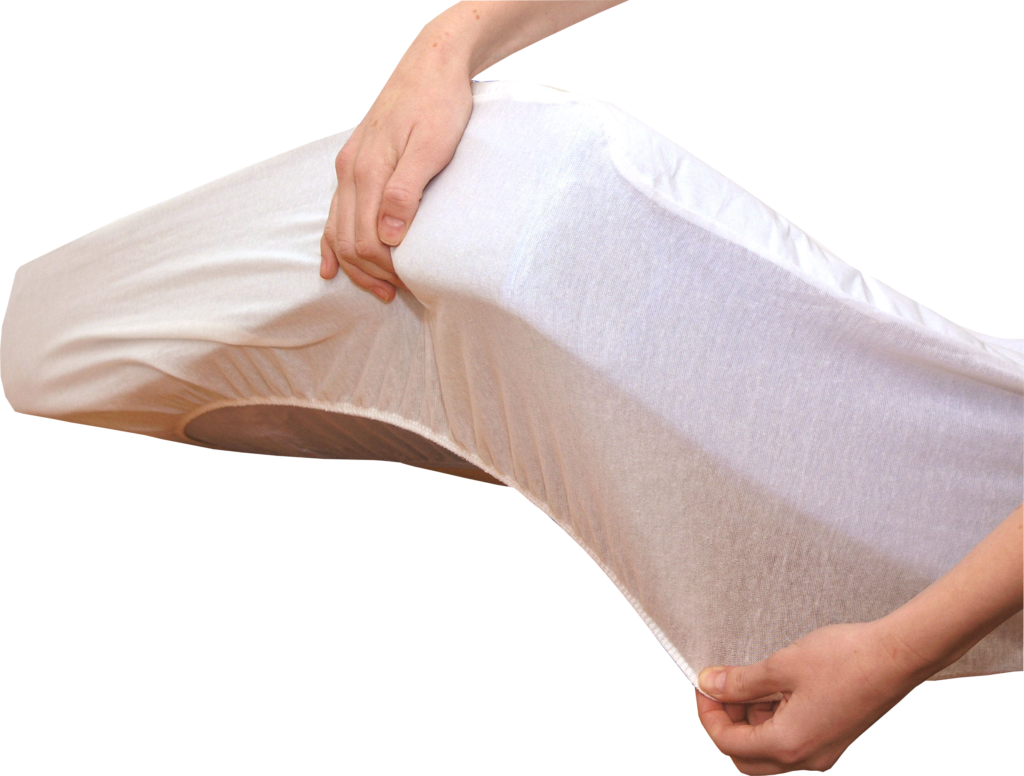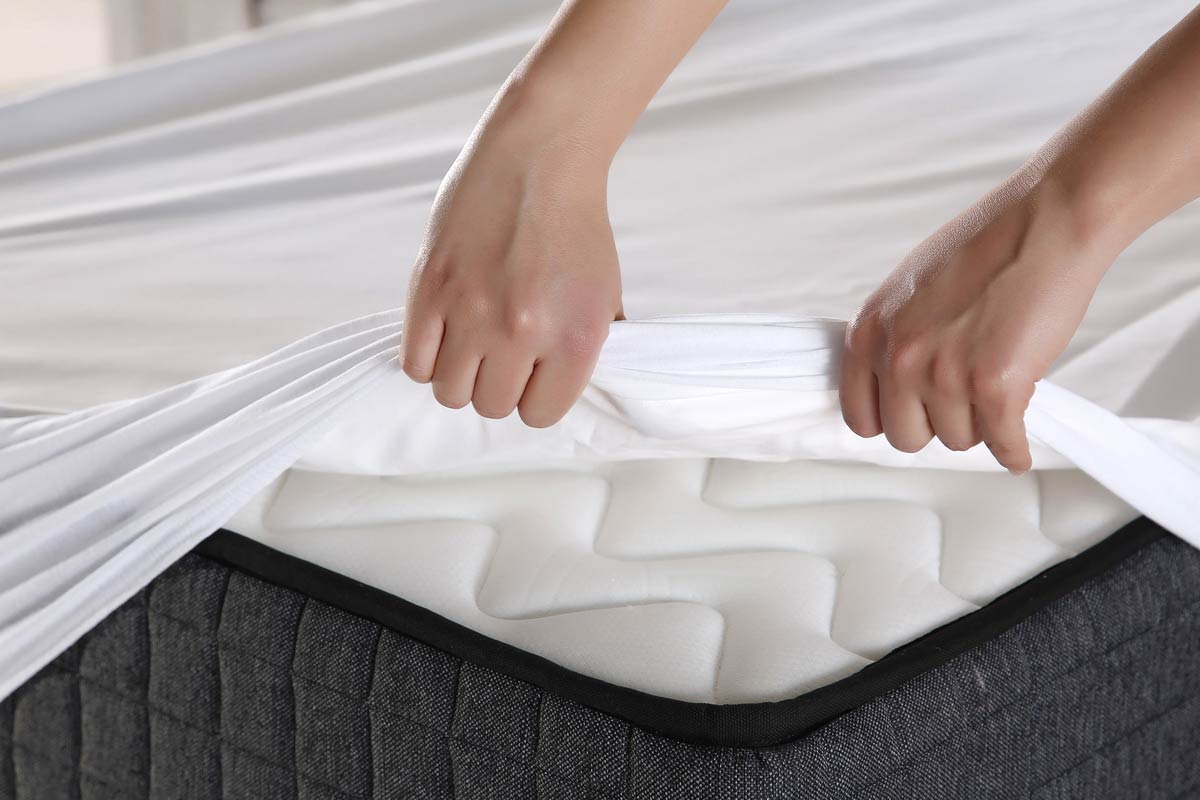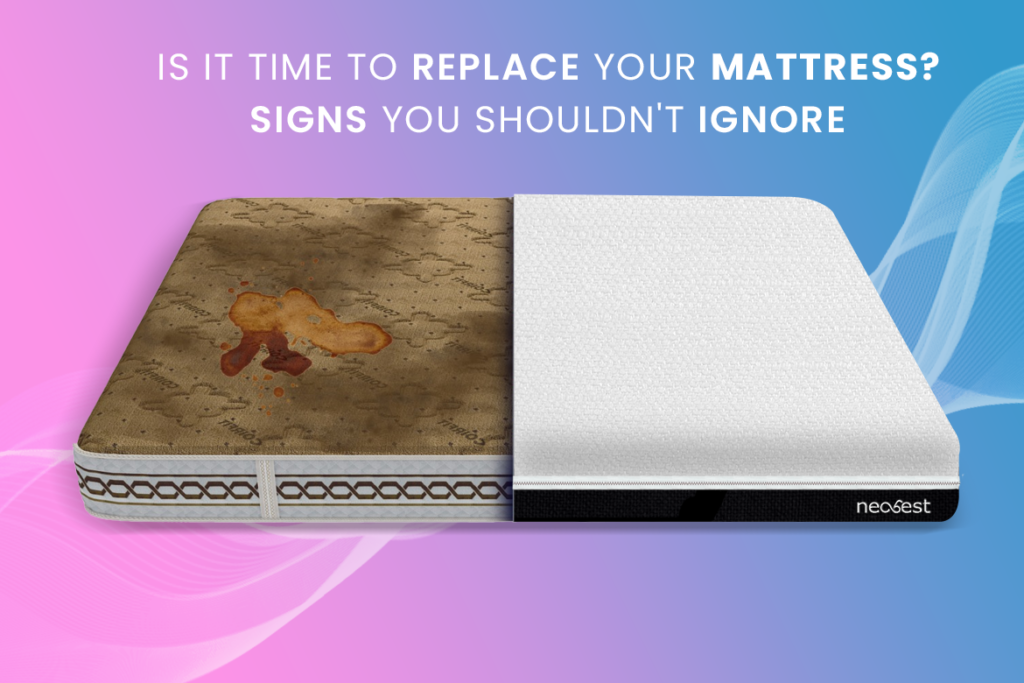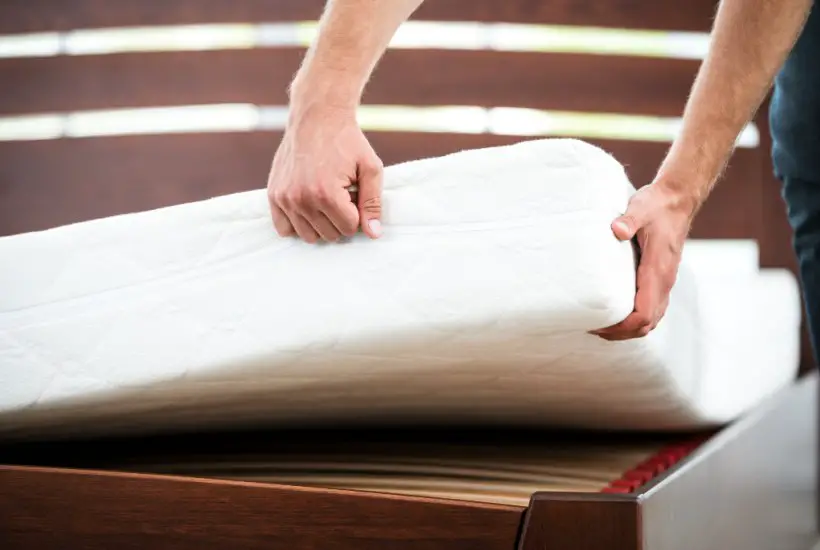If you've ever woken up with red, itchy skin after sleeping on your mattress cover, you're not alone. Many people experience skin irritation from their mattress covers, and it can be a frustrating and uncomfortable problem to deal with. But before you throw out your mattress cover and invest in a new one, it's important to understand the causes and potential solutions for this issue. One of the main causes of skin irritation from mattress covers is the materials used in their production. Some materials, such as certain synthetic fabrics or chemicals used in the manufacturing process, can be harsh on sensitive skin. Additionally, your skin may react to the presence of dust mites or other allergens that can accumulate in your mattress cover over time. If you suspect that your skin irritation is caused by the materials in your mattress cover, consider switching to a hypoallergenic cover made from natural materials. Look for options made from organic cotton, bamboo, or other gentle fabrics that are less likely to cause irritation. Another solution to consider is investing in a mattress protector, which can act as a barrier between your skin and the mattress cover. These protectors are typically made from waterproof and hypoallergenic materials, providing an extra layer of protection for your skin.1. Mattress Cover Irritation: Causes and Solutions
If you're already dealing with skin irritation from your mattress cover, there are some steps you can take to soothe the discomfort. First, try taking an oatmeal bath, which can help to calm and moisturize irritated skin. You can also apply a cool compress or aloe vera gel to the affected area. It's also important to avoid scratching the irritated skin, as this can only worsen the problem. If the irritation persists, consider using an over-the-counter hydrocortisone cream to help reduce inflammation and itching. Additionally, make sure to wash your bedding regularly to prevent any buildup of dust mites or other allergens. This can also help to keep your mattress cover clean and free from potential irritants.2. How to Soothe Skin Irritation from Mattress Covers
In some cases, skin irritation from a mattress cover could be a sign of an allergic reaction. Allergies to materials like latex, wool, or certain chemicals used in bedding products can cause redness, itching, and rashes on the skin. If you suspect that you may be allergic to your mattress cover, it's important to consult with an allergist to determine the exact cause of your reaction. They can perform tests to identify the specific allergen and provide recommendations for managing your allergies, such as avoiding certain materials or using allergy medication.3. Allergic Reactions to Mattress Covers: What You Need to Know
For those who prefer a more natural approach, there are several remedies that can help to alleviate skin irritation from mattress covers. One option is to use a coconut oil or olive oil-based moisturizer on the affected area, as these oils can help to soothe and heal irritated skin. You can also try using essential oils, such as lavender or chamomile, which have anti-inflammatory properties and can help to calm the skin. Dilute a few drops of the essential oil with a carrier oil, such as almond or jojoba oil, and apply it to the affected area. Additionally, incorporating more anti-inflammatory foods, such as leafy greens and fatty fish, into your diet can also help to reduce skin irritation and promote overall skin health.4. Natural Remedies for Skin Irritation from Mattress Covers
If you have sensitive skin, it's important to choose a mattress cover that is gentle and non-irritating. Look for options that are made from natural and hypoallergenic materials, such as organic cotton, bamboo, or silk. You may also want to consider investing in a cover with a waterproof barrier, as this can help to prevent the buildup of allergens and bacteria that can irritate the skin. It's also a good idea to read reviews and check the materials used in the manufacturing process before purchasing a mattress cover. This can help you to avoid potential irritants and make an informed decision that is best for your skin.5. Choosing the Right Mattress Cover for Sensitive Skin
As mentioned earlier, the materials used in mattress covers can have a significant impact on skin irritation. Some materials, such as polyester or rayon, can be harsh and irritating to sensitive skin. On the other hand, natural materials like cotton, bamboo, or silk are typically more gentle and less likely to cause irritation. It's important to familiarize yourself with the materials in your mattress cover and how they may affect your skin before making a purchase. In addition to the materials, pay attention to any chemicals or treatments used in the production of the cover. These can also be potential irritants for sensitive skin.6. Understanding the Materials in Mattress Covers and Their Effects on Skin
Prevention is key when it comes to avoiding skin irritation from your mattress cover. One of the best ways to prevent irritation is to keep your bedding clean, including your mattress cover. Make sure to wash your mattress cover regularly, using a gentle, fragrance-free detergent. This can help to remove any allergens or bacteria that may be causing irritation. You may also want to consider using a mattress protector, as mentioned earlier, to provide an extra layer of protection for your skin.7. Tips for Preventing Skin Irritation from Mattress Covers
If you're experiencing skin irritation from your mattress cover, it may be tempting to dismiss it as a minor inconvenience. However, it's important to take this issue seriously, as it could lead to more serious skin problems, such as rashes. A rash is a common symptom of skin irritation, and if left untreated, it can become infected or cause further discomfort. If you notice any redness, bumps, or itchiness on your skin after sleeping on your mattress cover, it's important to address the issue and find a solution.8. The Link Between Mattress Covers and Skin Rashes
As mentioned earlier, keeping your mattress cover clean is crucial for preventing skin irritation. But it's also important to clean and maintain your mattress cover in the right way to avoid any potential irritation. Always follow the manufacturer's instructions for washing and drying your mattress cover. Use a gentle, fragrance-free detergent, and avoid using bleach or fabric softener, as these can be harsh on the skin. Additionally, make sure to dry your mattress cover thoroughly before putting it back on your bed. Moisture trapped in the cover can lead to the growth of bacteria and mold, which can irritate the skin.9. How to Clean and Maintain Your Mattress Cover to Avoid Skin Irritation
Finally, it's important to know when it's time to replace your mattress cover to avoid skin irritation. Over time, even the best quality covers can become worn, trapping allergens and bacteria that can irritate the skin. If you notice that your skin irritation persists even after cleaning your mattress cover, it may be time to replace it. Additionally, if you've had your current cover for several years, it's a good idea to consider investing in a new one to ensure the best protection for your skin. In conclusion, skin irritation from mattress covers is a common problem, but it can be managed with the right knowledge and solutions. By understanding the causes and taking preventive measures, you can enjoy a comfortable and irritation-free sleep every night.10. When to Replace Your Mattress Cover to Avoid Skin Irritation
Understanding the Importance of Choosing the Right Mattress Cover for Skin Irritation

How Your Mattress Cover Could Be Causing Skin Irritation
 When it comes to creating a comfortable and healthy sleeping environment, many people focus on finding the perfect mattress. However, what often gets overlooked is the importance of choosing the right mattress cover.
Mattress covers play a crucial role in keeping our mattresses clean and protected, but they can also contribute to skin irritation if not chosen carefully.
Many people may not realize that the material, quality, and even size of their mattress cover can have a significant impact on their skin health.
When it comes to creating a comfortable and healthy sleeping environment, many people focus on finding the perfect mattress. However, what often gets overlooked is the importance of choosing the right mattress cover.
Mattress covers play a crucial role in keeping our mattresses clean and protected, but they can also contribute to skin irritation if not chosen carefully.
Many people may not realize that the material, quality, and even size of their mattress cover can have a significant impact on their skin health.
The Impact of Material and Quality on Skin Irritation
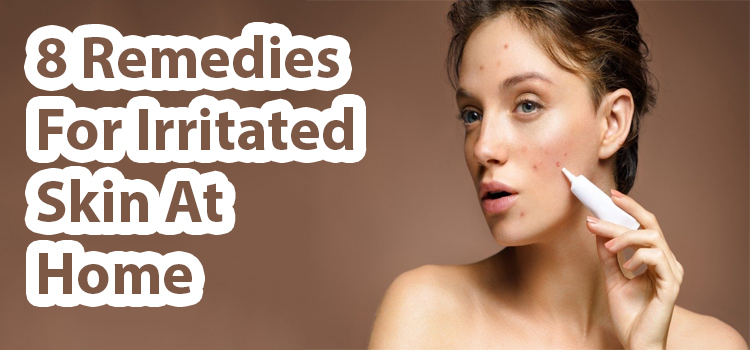 One of the most common causes of skin irritation from a mattress cover is the type of material it is made of.
Synthetic materials such as polyester and nylon are often found in cheaper mattress covers and can cause skin irritation due to their rough and abrasive texture.
These materials can also trap heat and moisture, creating the perfect breeding ground for bacteria and allergens, which can further aggravate skin conditions.
On the other hand, natural materials like cotton and bamboo are softer, more breathable, and less likely to irritate the skin.
It is important to invest in a high-quality mattress cover made from natural materials to avoid any potential skin irritation.
One of the most common causes of skin irritation from a mattress cover is the type of material it is made of.
Synthetic materials such as polyester and nylon are often found in cheaper mattress covers and can cause skin irritation due to their rough and abrasive texture.
These materials can also trap heat and moisture, creating the perfect breeding ground for bacteria and allergens, which can further aggravate skin conditions.
On the other hand, natural materials like cotton and bamboo are softer, more breathable, and less likely to irritate the skin.
It is important to invest in a high-quality mattress cover made from natural materials to avoid any potential skin irritation.
The Right Size for Better Skin Health
 The size of your mattress cover can also have an impact on your skin health.
A cover that is too small for your mattress can cause it to bunch up and create friction against the skin, leading to irritation and discomfort.
On the other hand, a cover that is too big can also cause irritation as it may not stay in place and can create wrinkles and folds that can rub against the skin.
It is essential to choose a mattress cover that is the right size for your mattress to ensure maximum comfort and minimal skin irritation.
The size of your mattress cover can also have an impact on your skin health.
A cover that is too small for your mattress can cause it to bunch up and create friction against the skin, leading to irritation and discomfort.
On the other hand, a cover that is too big can also cause irritation as it may not stay in place and can create wrinkles and folds that can rub against the skin.
It is essential to choose a mattress cover that is the right size for your mattress to ensure maximum comfort and minimal skin irritation.
Conclusion
 The right mattress cover is crucial for a good night's sleep and maintaining healthy skin.
Choosing a high-quality cover made from natural materials and the right size for your mattress can help prevent skin irritation and promote better skin health.
Investing in a good mattress cover is just as important as investing in a good mattress, and should not be overlooked when it comes to creating a comfortable and healthy bedroom environment.
The right mattress cover is crucial for a good night's sleep and maintaining healthy skin.
Choosing a high-quality cover made from natural materials and the right size for your mattress can help prevent skin irritation and promote better skin health.
Investing in a good mattress cover is just as important as investing in a good mattress, and should not be overlooked when it comes to creating a comfortable and healthy bedroom environment.













:max_bytes(150000):strip_icc()/Light-Therapy-Eczema-AdobeStock_221243650-2000-fa1566a86df04824a907802b5e68b713.jpg)
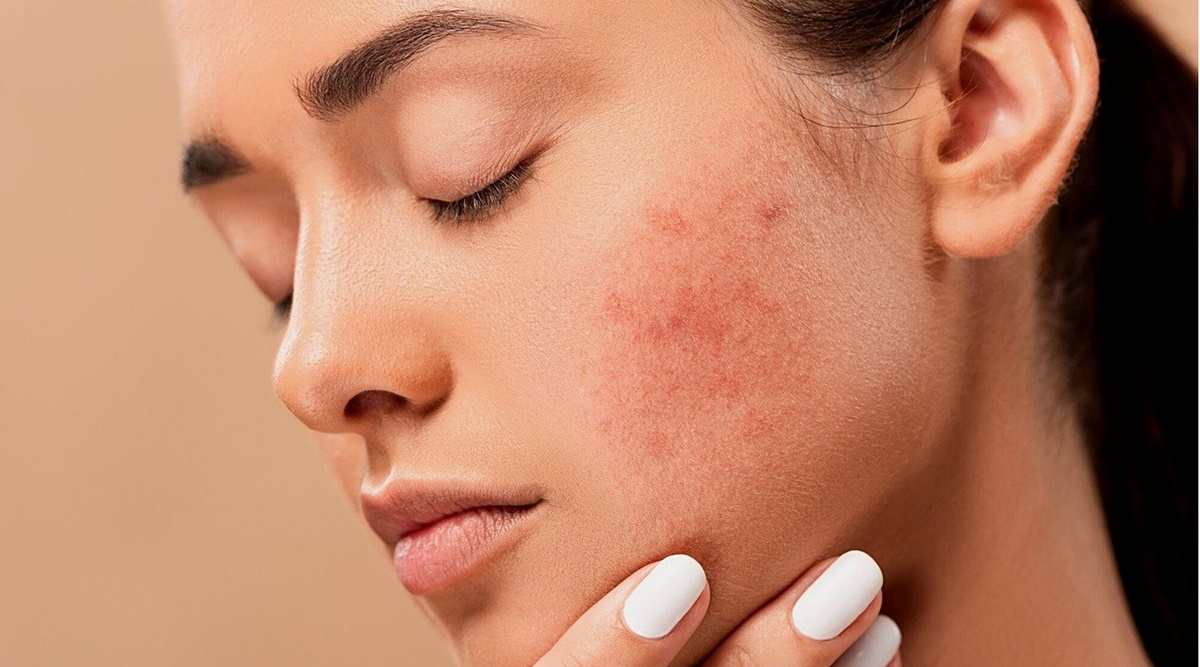












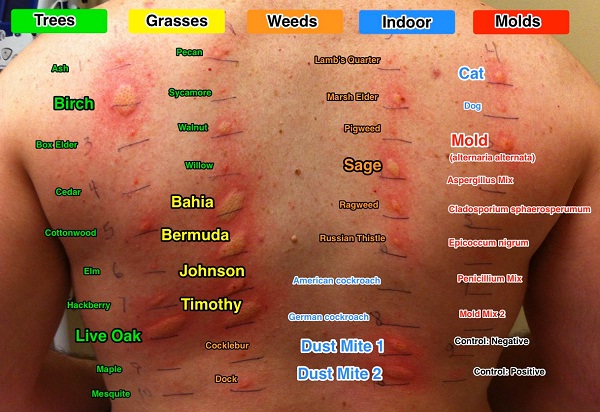










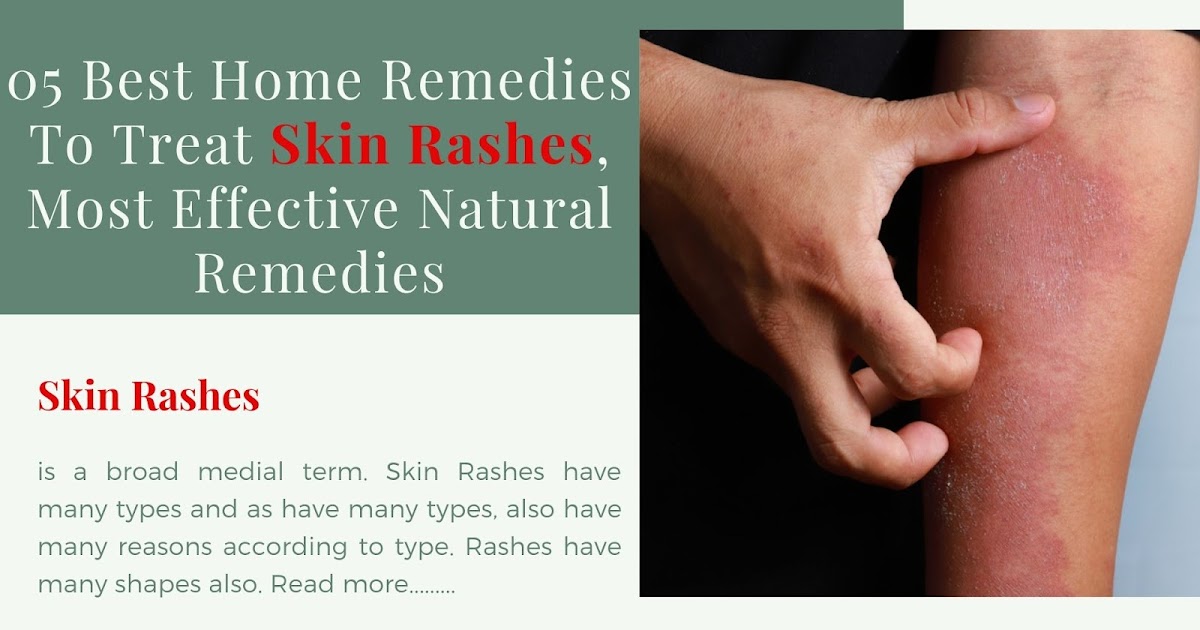


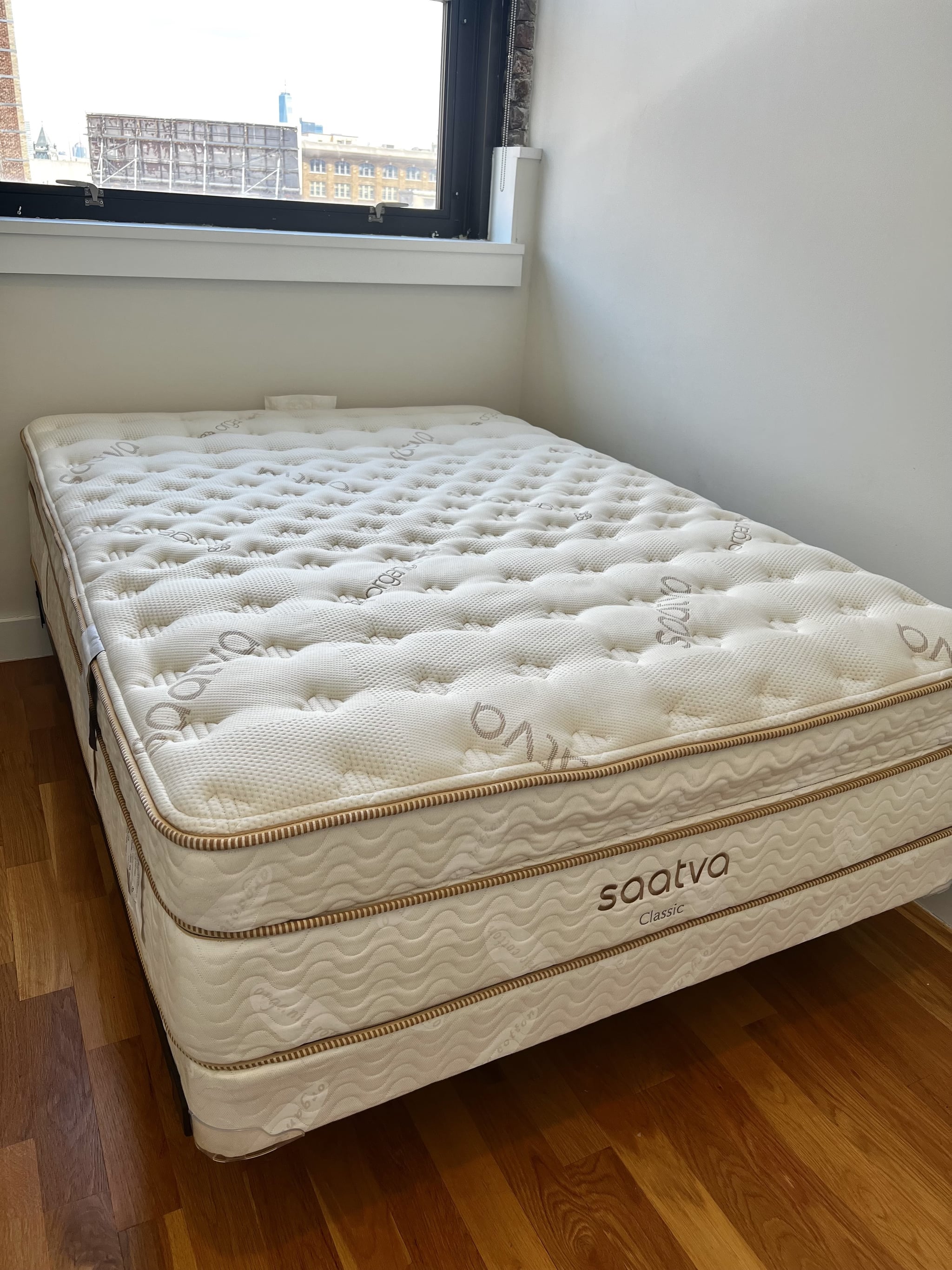







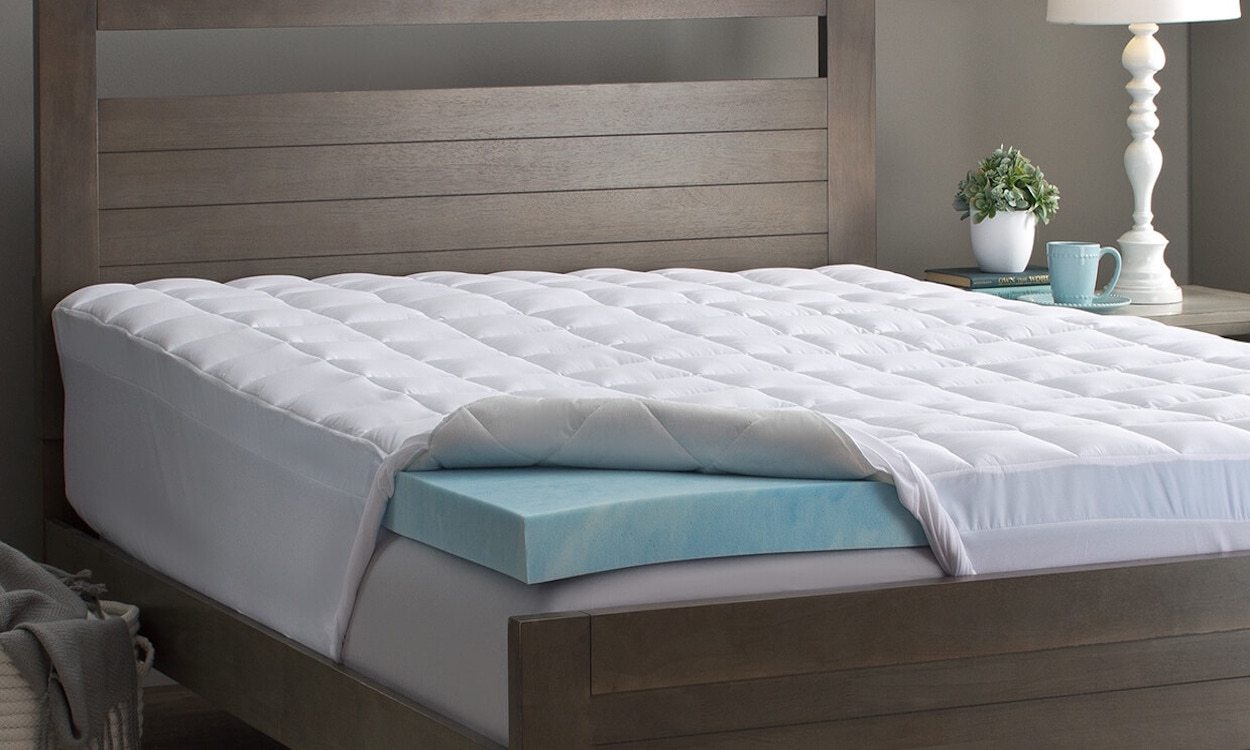









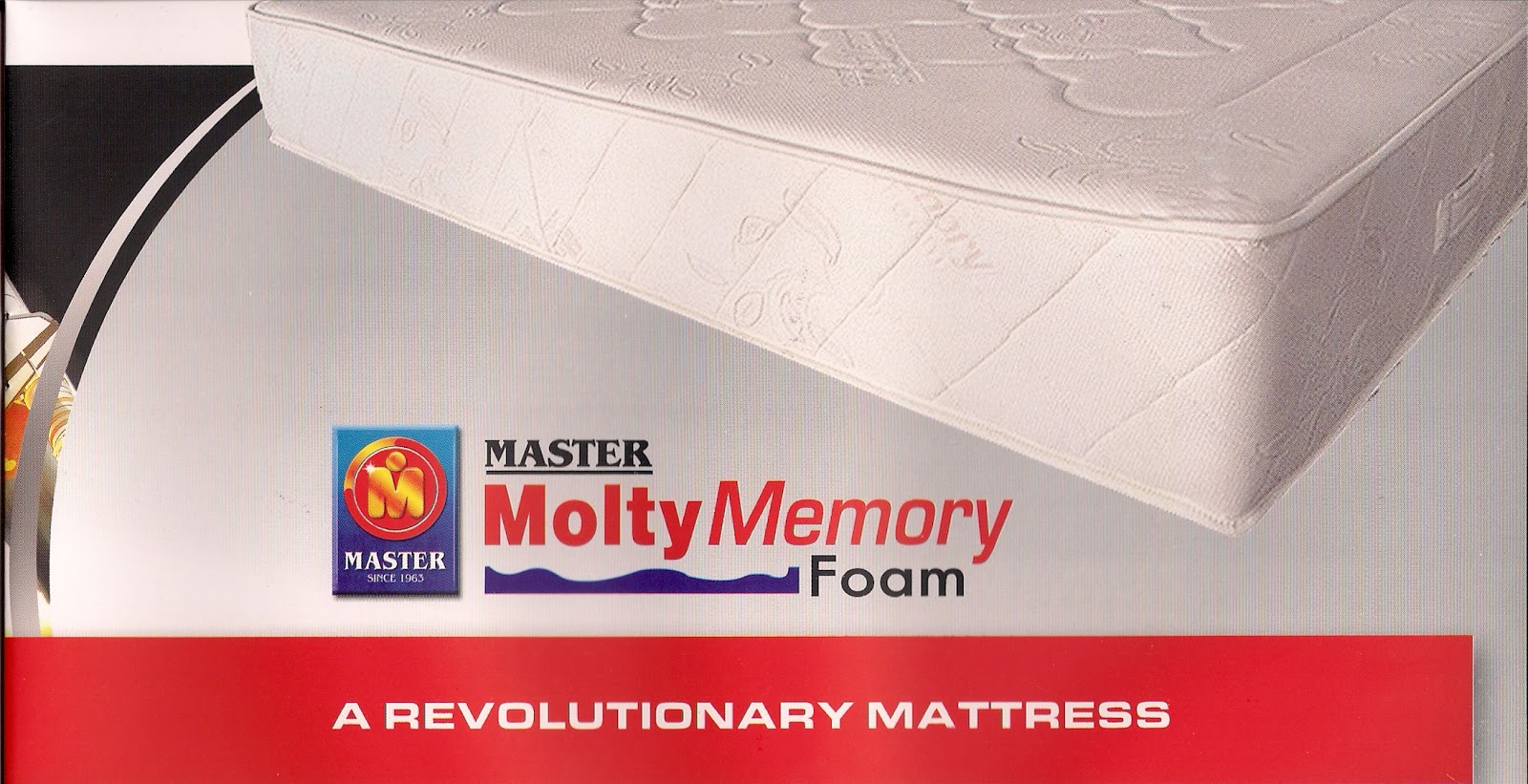
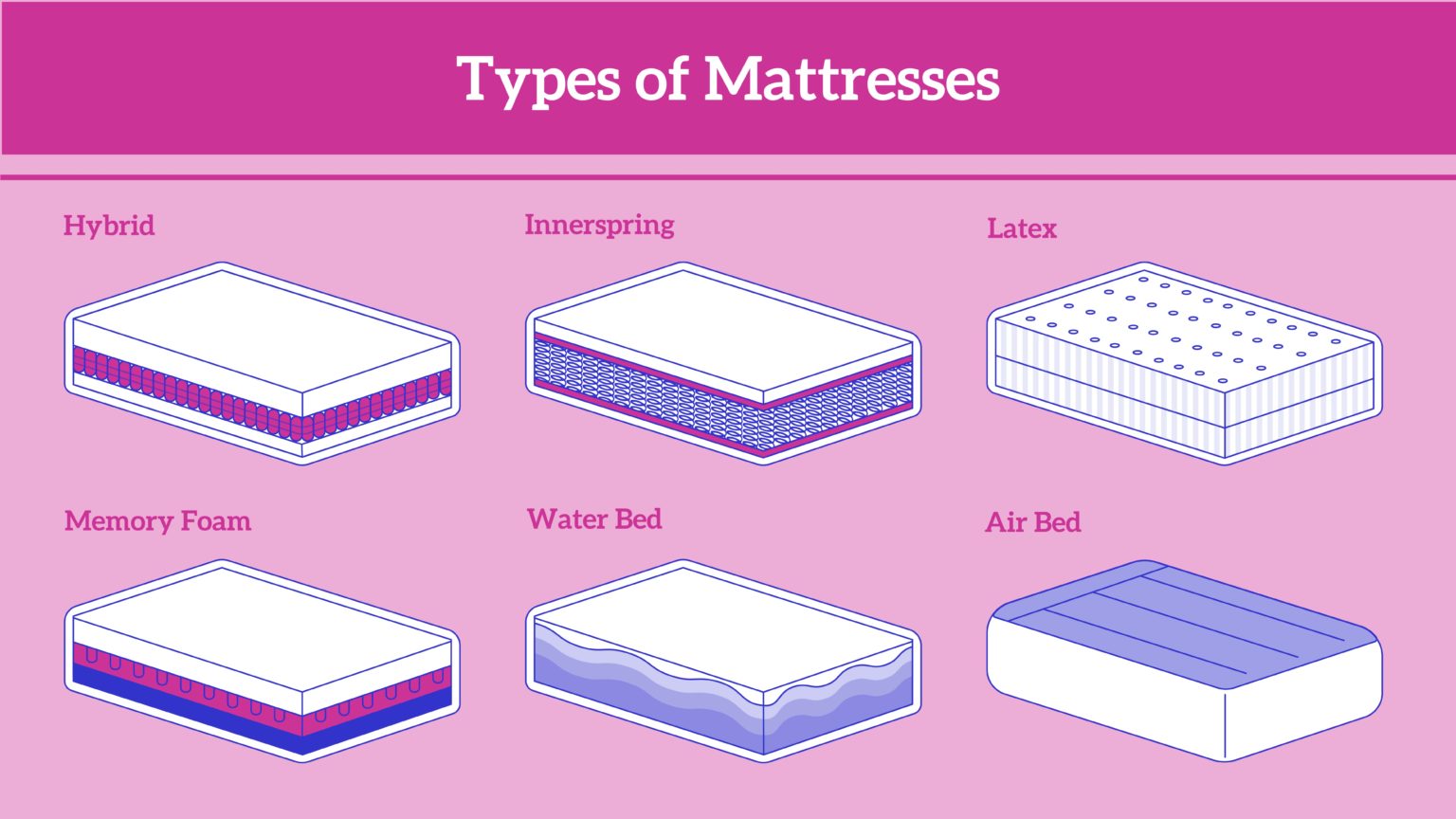








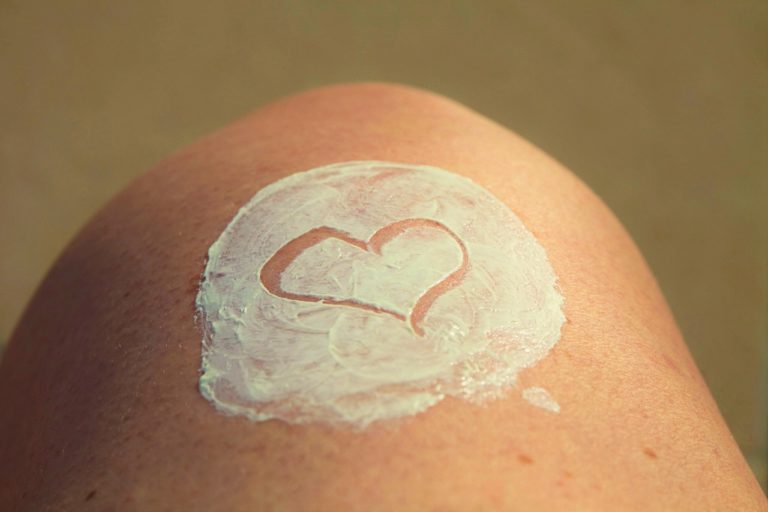





:max_bytes(150000):strip_icc()/atopic-eczema-allergy-texture-of-ill-human-skin-975026646-5bfd6e7dc9e77c00266a881b.jpg)






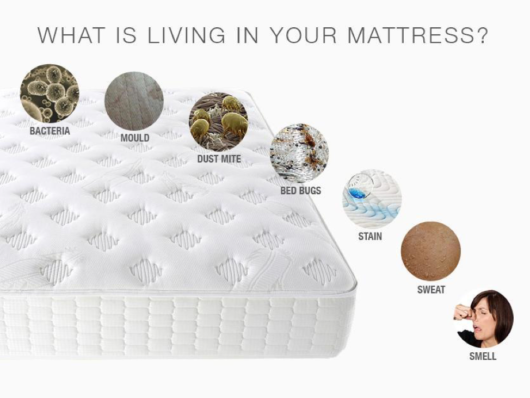

:max_bytes(150000):strip_icc()/clean-your-mattress-the-natural-way-350742-dd95404f7ac54f9b90f09045d9b4e98c.png)

